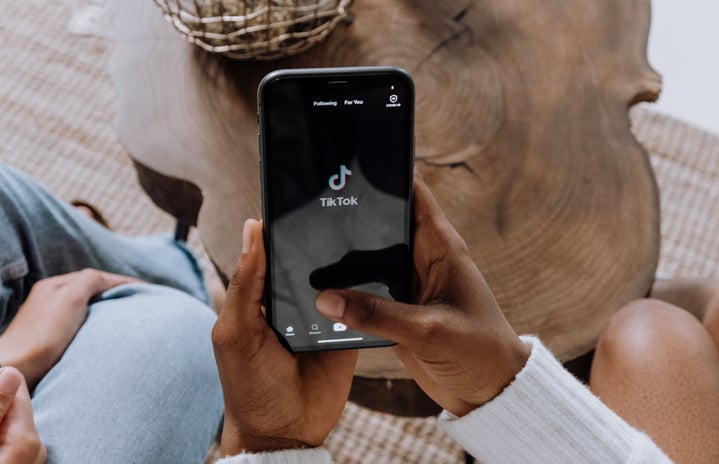Do you remember as a child clutching onto your doll, fiercely protective of it, when another girl wanted to play with it? Or your favorite “underground” band blowing up on TikTok, fans amuck, when you were The OG Fan before they were cool? This guarding behavior is known as gatekeeping, or the desire to protect something from gaining publicity in order to preserve authenticity. Since communities can form within a click, it’s become all too easy to discover new cultures, trends, and movements.
From music artists to online communities, there always lies a gatekeeper. But where did this phenomenon come from? What is the reasoning behind it? Is it harmful, or reasonable?
The Pros
Some firmly believe that gatekeeping does the world some good, as it acts as a way of protecting the integrity of a community or movement. Without gatekeeping, said groups can be overcommercialized and misunderstood. Safeguarding keeps the original intent intact and can supply members with a deeper understanding and appreciation.
Is gatekeeping a form of Elitism?
At what point do these exclusionary tactics turn into elitism? There is a discussed realm of “worthiness” to belong within a community, which risks alienating those who are genuine enjoyers of the medium. A hierarchy forms where length of following is more important than quality of appreciation, and restrictive barriers are formed. From this exclusivity comes discouragement, where new members are less likely to join, which puts back the community since it is not receiving new ideas and opinions to keep it vibrant. When protection crosses the line, gatekeeping divides based on superiority and estranges those authentically interested.
The importance of recognition
Another argument against gatekeeping asserts that an artist going viral actually aids their recognition, which then allows them to divulge in the earnings they truly deserve. Let’s take Chappell Roan, for example, who worked as a nanny and barista at the same time while trying to naturally become successful with her singing, and she was struggling to get by financially to the point where she had to move back to her hometown. When she suddenly rose to fame, so did her income, and now she can live more than comfortably in Los Angeles.
If we were to gatekeep every underground artist, then many of them would remain stagnant in popularity and not receive the recognition they deserve. Viral success provides artists with resources to master their craft as well as compensation to properly credit their work.
The dreaded Algorithm
The recent surge of algorithms means that communities can become viral overnight, especially on platforms like TikTok, Instagram, and YouTube. Instant engagement through likes, comments, and shares boosts a post to the point where millions can have it appear on their FYP or feed the next day. This can frustrate long-time members of communities that quickly gain their fame, but it also attracts new members to be a part of a movement they may not have discovered otherwise. This is why people name things to be more mainstream or commercialized.
A question must be posed to this phenomenon—who decides what gets to be spotlighted? If it all comes down to an algorithm, is it just luck? Or is it following a checklist of expertise to ensure you’re the one to get highlighted? Or is it in the hands of a selected few? It seems unfair no matter what angle you look at.
TO COnclude:
In summary, gatekeeping can be both alienating to genuinely excited new members and also serve as a method of maintaining authenticity. There are pros and cons to both sides, but in my opinion, we should let others be enthusiastic about finding their new niche. Too much control, and suddenly you’re knee-deep in an already heavily divided world.
As interconnectedness grows with social media, the balance between preserving the history of a trend and the new diversity the online world brings becomes more challenging every day. Gatekeeping should be a form of education, not exclusion, welcoming new members into the community without dulling the vibrancy of the original group.



